LG and TCL are both very well-known brands and two of the top five largest TV manufacturers worldwide. That said, they do have some significant differences that span across many important features. Read this detailed LG vs TCL comparison article to learn the differences and similarities between products from these two manufacturers so you can determine which one is the better choice for you.
LG vs TCL – Quick Comparison
Founded in 1947, LG is a South Korean multinational conglomerate and one of the world’s largest television manufacturers. The brand has established a strong reputation for delivering durable TVs with great image quality. LG’s wide range of products covering the entire pricing spectrum has helped it gain a strong footing in the consumer TV market, especially in Europe and the US.
TCL is younger than LG by five decades, as this Chinese-owned company has only been producing TVs since 1999. Still, in a little over twenty years that it has been around, TCL has become the third-largest television manufacturer in total market share. It maintains global popularity as a reliable budget-friendly brand, delivering excellent value for money.
Features Face to Face
Panel Technology
LG is known for its OLED panel technology, a flat light emitting technology that doesn’t require a backlight. LG’s OLED panels are made from a series of organic thin films between two conductors. OLED TVs deliver impressive image quality with better contrast and wider weaving angles. They also consume less power.
In comparison, most TCL TVs use standard LED VA panels. That said, you can also find a few high-end TCL models with QLED panels that the manufacturer licenses from Samsung. These models can produce stunning images, but there are just not enough TCL QLED TVs currently on the market to compete with LG’s impressive OLED panels. All things considered, LG’s OLED panels give this manufacturer an edge over TCL in this category.
Image Processor
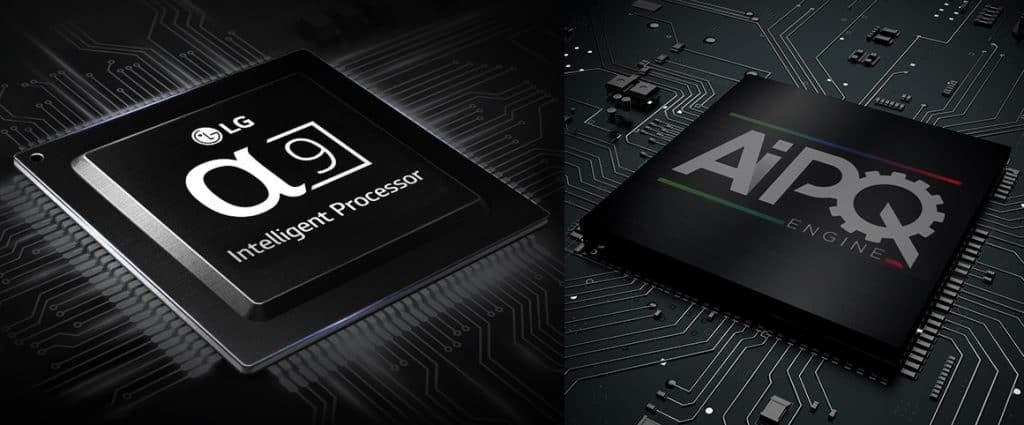
LG has long employed its α processors, the latest of which is the α9 Intelligent Processor. This is a very advanced image processor with an AI-powered deep learning algorithm. It can reduce grain and image noise, boost image sharpness, and display true colors without distortion.
By comparison, TCL’s image processor really disappoints. Although the manufacturer produces its own image processor, the AiPQ Engine processor, this chipset has very limited capabilities. In the context of this part of the LG vs TCL comparison, LG TVs undoubtedly have more powerful image processors.
Motion Technology
TCL TVs provide excellent response times, on par with Samsung and other major manufacturers. Depending on the model, you can expect better than average numbers and full pixel transition times in around ten milliseconds or less. There’s minimal blur in fast-moving scenes, although you can expect some overshot in transitions with most TCL models.
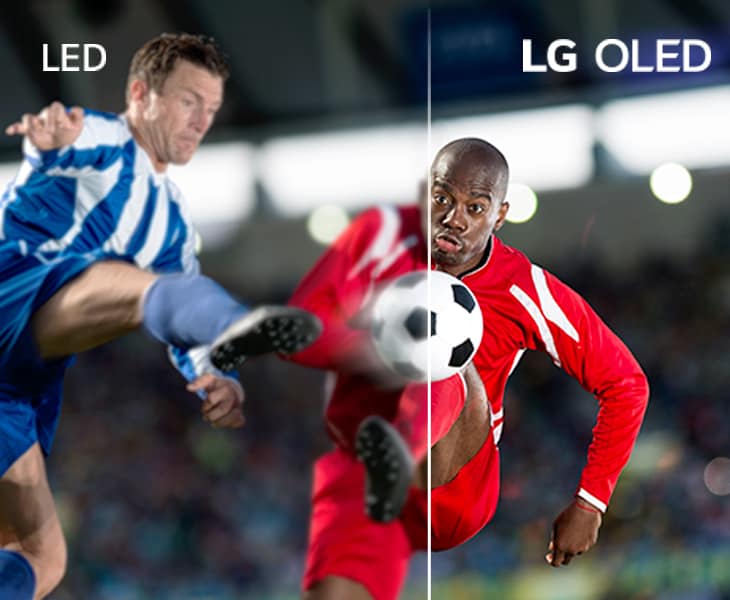
That said, it’s challenging for any TV manufacturer to compete with LG on this front, as most LG models deliver near-instantaneous response times. For example, some LG TVs can fully transition between pixels in just over one millisecond. Thanks to such exceptional numbers, LG is the clear winner regarding response times.
Picture Quality

With LG primarily using OLED panels and TCL featuring a more diverse lineup of panel types, the picture quality between these two manufacturers’ models can vary significantly in some key elements. Here’s a direct LG vs TCL comparison across a handful of critical picture quality characteristics.
Contrast Ratio / Black Level
Comparing LG vs TCL through their native contrast ratio numbers is unfair for the Chinese manufacturer, as LG models offer an infinite contrast ratio. This means that LG is a substantially better performer than TLC in this category.
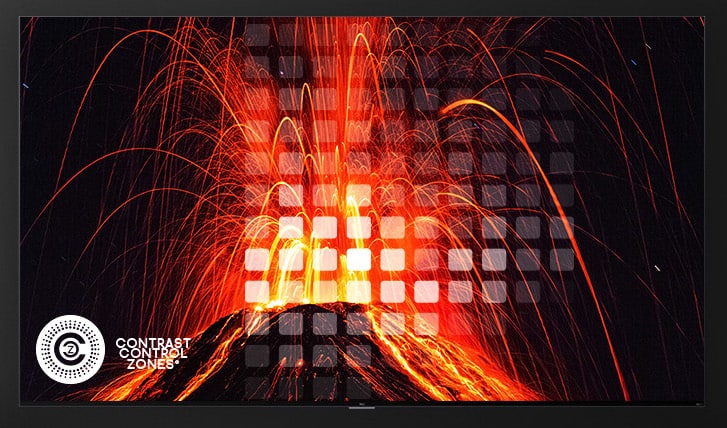
Still, many TCL TVs, especially those from the 5 Series and 6 Series lineups, offer an above-average contrast ratio and outperform even more expensive brands in this regard.
Local Dimming
TCL TVs deliver decent local dimming properties, although you shouldn’t expect any significant contrast ratio improvement through this feature. That said, LG completely dominates in this aspect of the LG vs TCL comparison.
This is because LG OLED TVs don’t have a local dimming feature. Instead, they possess the ability to turn off each individual pixel, so bright objects are always displayed perfectly.
Peak Brightness
LG TVs deliver better performance in almost every category. However, peak brightness isn’t one of them. TCL TVs can get substantially brighter and generally have a higher SDR and HDR brightness than LG models. Here’s a direct comparison between two similarly-priced models:
| Peak Brightness Measure | LG B9 OLED | TCL 6 Series 2021 QLED |
|---|---|---|
| SDR Real Scene Peak Brightness | Around 330 cd/m² | 800cd/m² |
| SDR Peak 2% Window | Around 420 cd/m² | 690 cd/m² |
| SDR Sustained 100% Window | 190 cd/m² | 800 cd/m² |
| HDR Real Scene Peak Brightness | Around 525 cd/m² | Around 810 cd/m² |
| HDR Peak 2% Window | 600 cd/m² | Around 760 cd/m² |
| HDR Sustained 100% Window | 135 cd/m² | Around 905 cd/m² |
| Price | Check Price on Amazon | Check Price on Amazon |
Also Read: LG B9 vs C9: Which OLED TV is the right choice?
Color
TCL offers great color volumes and gamuts in their newer models, especially those boasting QLED panel technology. They can produce stunning colors at various brightness levels. We give LG a slight edge in this category, primarily because they can generally display a wider color gamut. Still, we should highlight that many LG panels struggle to produce very bright colors.
Viewing Angle
TLC TVs deliver mediocre to poor viewing angles. They are not suitable for wider seating arrangements as they quickly lose image quality and brightness as you step even slightly off-center.
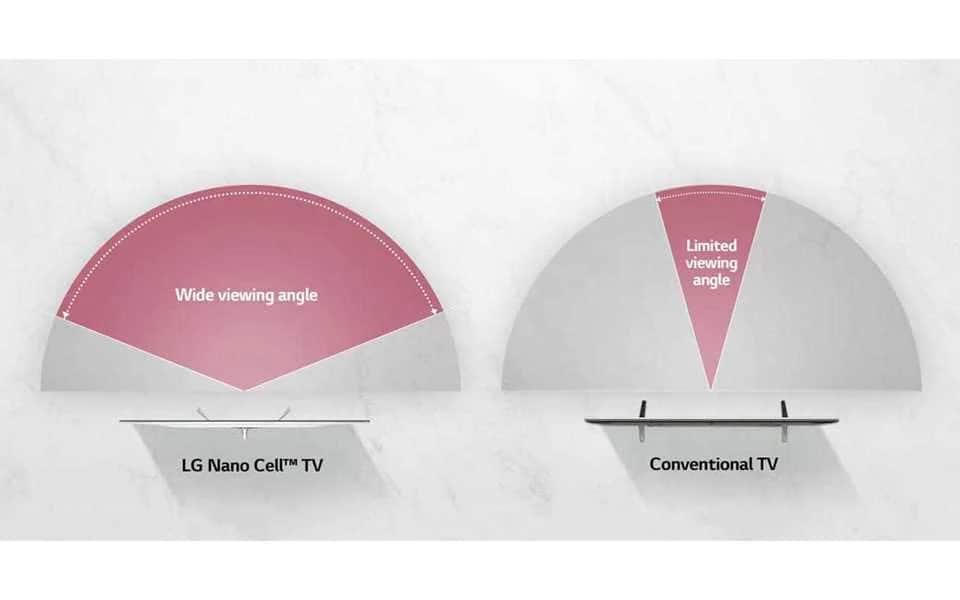
In contrast, due to the inherent properties of OLED panel technology, LG TVs provide some of the best viewing angles you can get in modern TVs. This makes them great for wide seating areas and large rooms.
Reflections / Anti-glare
While most LG TVs come with a glossy screen finish, most TCL models have a semi-gloss finish. To put this into perspective, LG’s models reflect only about 1.5% of total light, while TCL TVs reflect four times as much light on average. This means that LG TVs have superior reflection handling properties and are a better choice for viewing content in brighter environments.
Sound Quality
LG and TCL TVs perform similarly and generally offer good frequency response values. While the extent of your new TV’s audio capabilities will primarily depend on the model you go with, you can expect both LG and TCL TVs to deliver solid bass and get reasonably loud.
That said, there aren’t any TVs from either manufacturer that can produce any substantial rumble. No matter which brand you go with, you’ll need a dedicated subwoofer if you’re looking for strong bass.
Smart TV Platform (Operating System)
LG TVs come with the manufacturer’s in-house WebOS Smart TV platform. This is a streamlined and easy-to-use platform with many convenient features. In contrast, TCL TVs employ either the Google TV or Roku TV OS platform. The table below features a more detailed LG vs TCL OS platform comparison:
| OS Features | LG TVs | TCL TVs |
|---|---|---|
| OS Version | Web0S | Google TV / Roku TV |
| App Selection/Variety | 8/10 | 8/10 |
| App Smoothness | 9/10 | 9/10 |
| Ease of Use | 8/10 | 6/10 |
| Interface Layout | 7/10 | 7/10 |
Connectivity
LG TVs undoubtedly outclass TCL in many video and audio performance features. That said, to get a complete picture of how the two brands stack up, we should also do a quick LG vs TCL overview covering their connectivity properties:
Inputs
The physical input specifications of modern Smart TVs are reasonably standardized, so there aren’t any significant differences between models from different manufacturers. That said, here’s a direct input comparison of an LG and TCL TV in the same price range:
| Input Ports | LG B9 | TCL 6 Series 2021 QLED |
|---|---|---|
| HDMI Ports | 4 HDMI 2.0 Ports | 4 HDMI 2.0 Ports |
| USB Ports | 3 USB 2.0 Ports | 2 USB 2.0 Ports |
| Digital Optical Audio Out | 1 Port | 1 Port |
| Ethernet Port | Yes | Yes |
| Price | Check Price on Amazon | Check Price on Amazon |
It’s also important to mention that both brands offer TV sets with remarkably low input lag times. Surprisingly, many TCL models outperform LG TVs regarding input response times, especially in Game Mode.
Voice Assistants
While TCL Roku TVs offer inferior voice assistant capabilities, the manufacturer’s models that use the Google OS platform utilize Google Assistant. This is a very helpful voice control assistant, as it offers a solid variety of control features.
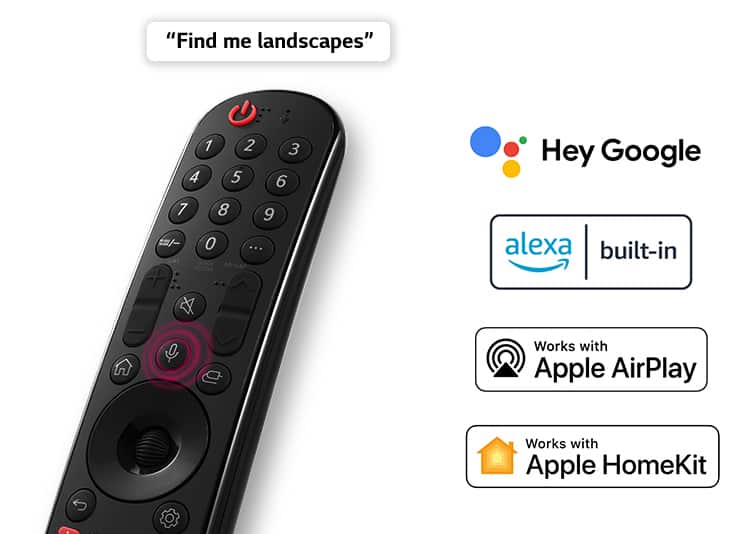
In comparison, LG TVs offer a mix of Google Assistant and the company’s ThinQ AI to present convenient voice control options. The latter voice assistant is handy, as it provides a greater range of actions than the voice assistants available on TCL TVs. Given this, LG TVs have slightly better voice assistant support than TCL models.
Wireless Technologies
All LG and TCL Smart TVs include standard Wi-Fi support in the form of 2.4GHz and 5GHz Wi-Fi. Moreover, many medium-range and premium sets also offer Bluetooth support. TCL TVs support Bluetooth LE, which only allows you to connect a mobile or tablet device.
By comparison, LG models that come with Bluetooth enable you to connect more robust Bluetooth devices like speakers, controllers, or other devices you want to pair with the TV.
Standout Features
As a premium TV manufacturer, LG installs a ton of advanced features into its TV sets, especially the high-end ones. Some features you’ll find in many LG models but not in TCL TVs are Adaptive G-SYNC compatibility and HDMI Forum VRR. These features benefit gamers using their TV as a monitor, especially if they have a system with an NVIDIA graphics card.
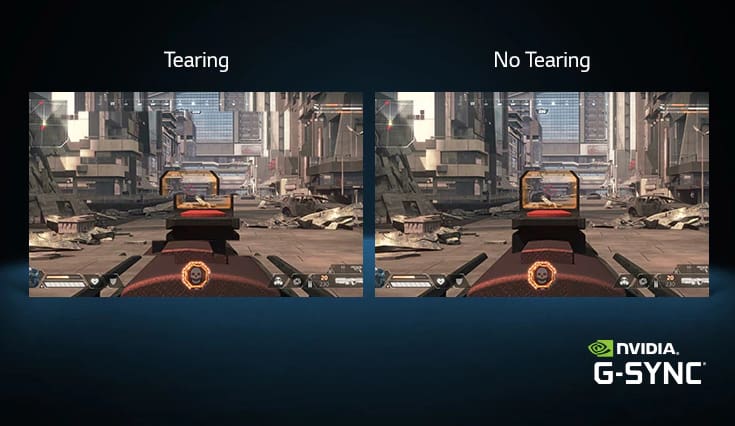
Still, TCL TVs hold their ground, as they match many of the features you can expect in LG TVs. These include Dolby Vision and additional gaming settings such as VRR and FreeSync.
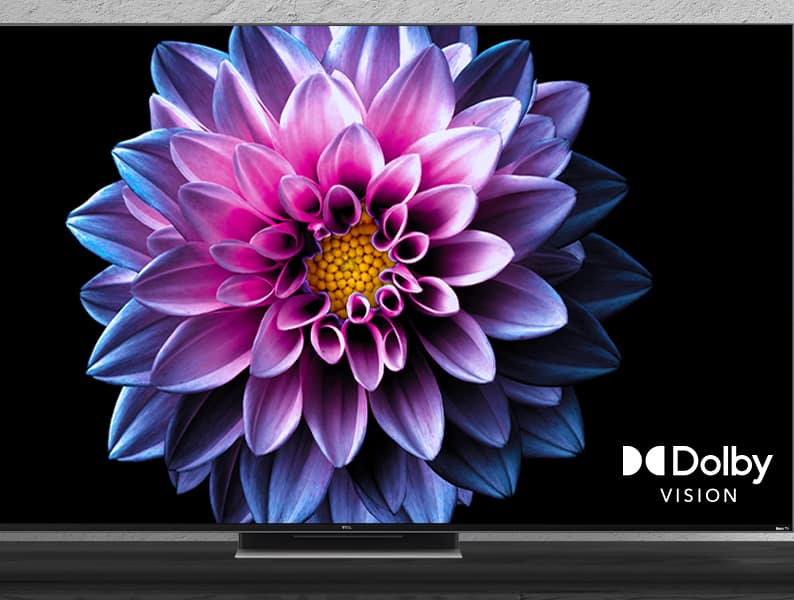
Price
When comparing LG vs TCL through the market prices of their TV sets, the latter brand is undoubtedly the more budget-friendly option. While LG TVs aren’t as premium-priced as Sony and Samsung, they are still noticeably pricier than TCL sets.
Looking at the average prices of LG and TCL models, LG TVs are at least a couple of hundred dollars more expensive. This difference is even more substantial when comparing high-end TV sets of the two brands.
Conclusion
Recapitulating on this LG vs TCL comparison, it’s evident that LG surpasses TCL in nearly all key performance categories. LG TVs offer better picture and sound quality, more capable image processors, and significantly faster motion technology.
That said, if you’re buying a 4K TV on a tight budget, you can rest assured that you won’t overpay on a TCL purchase. TCL TVs still deliver great picture quality with a solid Smart TV platform and decent features, making them an excellent pick for budget-minded buyers.